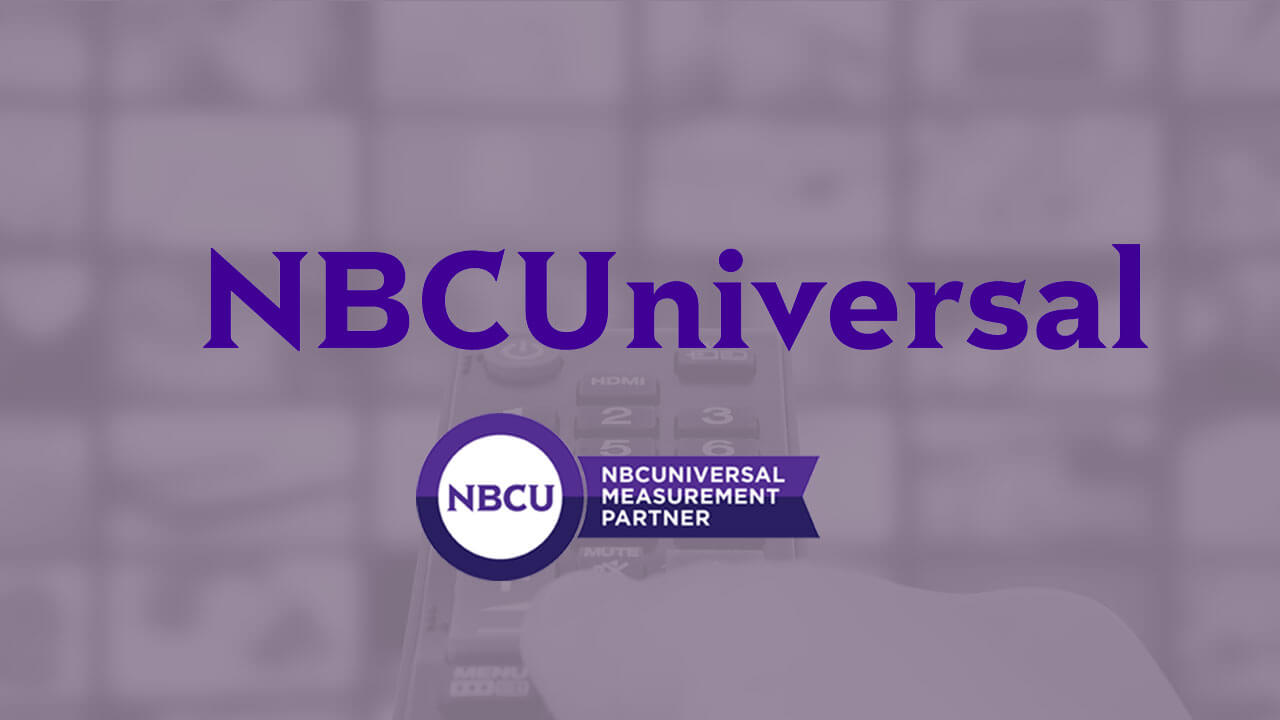The importance of questionnaires in research is immense, helping researchers gain relevant information quickly and effectively. Before creating a questionnaire for your study, you should first understand the meaning of questionnaires and the advantages and disadvantages of using them.
What Is a Questionnaire?
A questionnaire is a research tool featuring a series of questions used to collect useful information from respondents. These instruments include either written or oral questions and comprise an interview-style format. Questionnaires may be qualitative or quantitative and can be conducted online, by phone, on paper or face-to-face, and questions don’t necessarily have to be administered with a researcher present.
Questionnaires feature either open or closed questions and sometimes employ a mixture of both. Open-ended questions enable respondents to answer in their own words in as much or as little detail as they desire. Closed questions provide respondents with a series of predetermined responses they can choose from.
Is “Questionnaire” Just Another Word for “Survey”?
While the two terms seem synonymous, there are not quite the same. A questionnaire is a set of questions created for the purpose of gathering information; that information may not be used for a survey. However, all surveys
do require questionnaires. If you are using a questionnaire for survey sampling, it’s important to ensure that it is designed to gather the most accurate answers from respondents.
Why Are Questionnaires Effective in Research?
Questionnaires are popular
research methods because they offer a fast, efficient and inexpensive means of gathering large amounts of information from sizeable sample volumes. These tools are particularly effective for measuring subject behavior, preferences, intentions, attitudes and opinions. Their use of open and closed research questions enables researchers to obtain both qualitative and quantitative data, resulting in more comprehensive results.
Pros and Cons of Using Questionnaires in Research
Though the importance of questionnaires in research is clear, there are both pros and cons to using these instruments to gather information. Learn more about questionnaire advantages and disadvantages to determine if they’re suitable for your study.
Advantages of Questionnaires
Some of the many benefits of using questionnaires as a research tool include:
- Practicality: Questionnaires enable researchers to strategically manage their target audience, questions and format while gathering large data quantities on any subject.
- Cost-efficiency:You don’t need to hire surveyors to deliver your survey questions — instead, you can place them on your website or email them to respondents at little to no cost.
- Speed: You can gather survey results quickly and effortlessly using mobile tools, obtaining responses and insights in 24 hours or less.
- Comparability: Researchers can use the same questionnaire yearly and compare and contrast research results to gain valuable insights and minimize translation errors.
- Scalability: Questionnaires are highly scalable, allowing researchers to distribute them to demographics anywhere across the globe.
- Standardization: You can standardize your questionnaire with as many questions as you want about any topic.
- Respondent comfort:When taking a questionnaire, respondents are completely anonymous and not subject to stressful time constraints, helping them feel relaxed and encouraging them to provide truthful responses.
- Easy analysis: Questionnaires often have built-in tools that automate analyses, making it fast and easy to interpret your results.
Disadvantages of Questionnaires
Questionnaires also have their disadvantages, such as:
- Answer dishonesty: Respondents may not always be completely truthful with their answers — some may have hidden agendas, while others may answer how they think society would deem most acceptable.
- Question skipping: Make sure to require answers for all your survey questions. Otherwise, you may run the risk of respondents leaving questions unanswered.
- Interpretation difficulties: If a question isn’t straightforward enough, respondents may struggle to interpret it accurately. That’s why it’s important to state questions clearly and concisely, with explanations when necessary.
- Survey fatigue: Respondents may experience survey fatigue if they receive too many surveys or a questionnaire is too long.
- Analysis challenges: Though closed questions are easy to analyze, open questions require a human to review and interpret them. Try limiting open-ended questions in your survey to gain more quantifiable data you can evaluate and utilize more quickly.
- Unconscientious responses: If respondents don’t read your questions thoroughly or completely, they may offer inaccurate answers that can impact data validity. You can minimize this risk by making questions as short and simple as possible.
Types of Questionnaires in Research
There are various types of questionnaires in survey research, including:
- Postal: Postal questionnaires are paper surveys that participants receive through the mail. Once respondents complete the survey, they mail them back to the organization that sent them.
- In-house: In this type of questionnaire, researchers visit respondents in their homes or workplaces and administer the survey in person.
- Telephone: With telephone surveys, researchers call respondents and conduct the questionnaire over the phone.
- Electronic: Perhaps the most common type of questionnaire, electronic surveys are presented via email or through a different online medium.
Contact us today to get started.



































































































